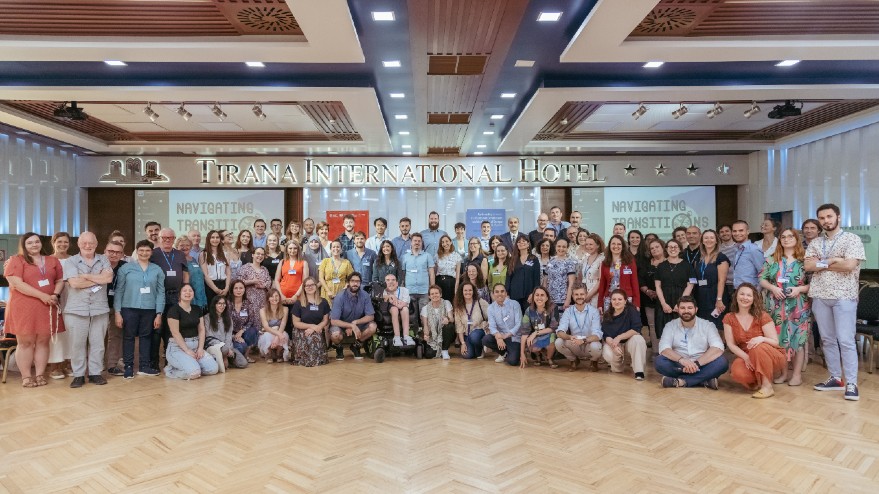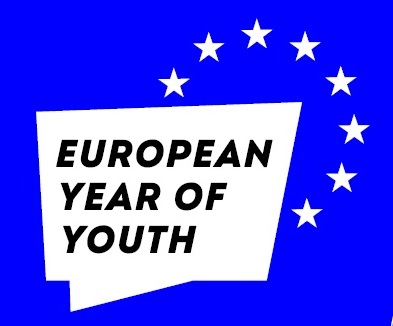On 21-23 June 2022 the partnership between the European Commission and the Council of Europe in the field of youth organised in Tirana, European Youth Capital 2022, the Symposium Navigating Transitions: adapting policies to young people’s changing realities. Around 100 participants including young people and their organisations, policymakers, youth work practitioners and researchers reflected on youth transition patters and experiences. Covid-19 pandemic and other large societal challenges such as war, economic crisis, shrinking space for civil society and limited channels for participation in public life have all impacted on these transition pathways on political, economic, social, and personal levels.
The symposium participants shared inspiring initiatives and learned about resources from the EU-Council of Europe youth partnership such as the new Youth Policy Manual, the e-library on youth policy evaluation, the draft T-kit on participatory youth policy and thematic research initiatives contributing to knowledge-based policies. Finally, they developed messages and proposals for policy changes needed to support better youth transitions.
The event aims to:
- addressed and explored the impact of Covid-19 on youth transitions to autonomy, including, but not limited to transition from education to employment, from being sustained by their families/care institutions to financial and economic independence in a new household, from being to having children/forming a family;
- reflected on how to adapt traditional youth policy and youth work approaches in supporting active participation of young people, their engagement with societal concerns such as anti-racism, environment and climate change, precariousness and inequalities, as well as (re)defining connections and community;
- contextualised youth transitions in the context of Covid-19 but also other crises impacting transitions to adulthood (e.g. economic, financial, mental health, etc.);
- examined and reflected on policy measures needed to support young people in their transitions to adulthood;
- shared good practices of effective and successful youth policy interventions in the context of youth transitions and the impact of Covid-19;
- connected actors working on these themes, from within and beyond the youth sector, to continue, develop or innovate in relation to that work.


